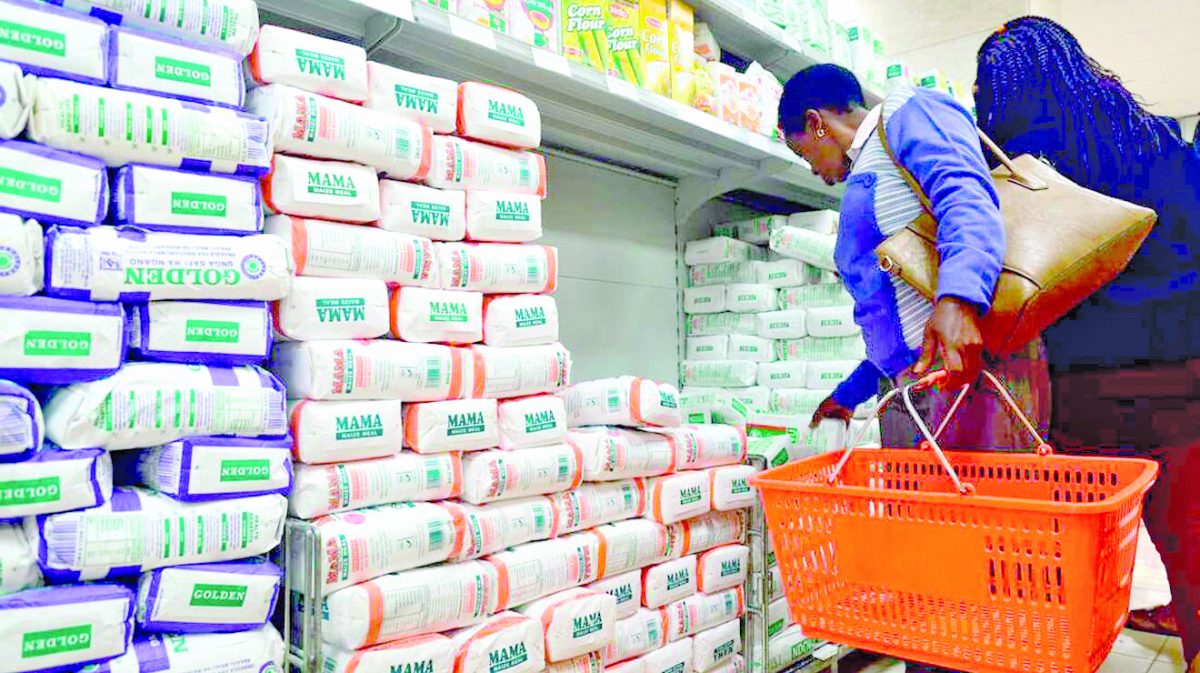KRA tax hike cuts benefits of low global commodity prices

A sharp drop in the prices of crude oil, wheat, palm oil, fertiliser and maize on the international market has offered respite to the Central Bank of Kenya (CBK) that the soaring inflation numbers could soon cool off.
For instance, the price of palm oil, which is used to produce cooking oil that is used to make almost all types of food, has dropped from Sh206,000 per tonne in May to Sh123,000 in August at current exchange rates.
Palm oil is also used to make soap. Fertiliser prices have also dropped significantly from Ksh114,000 per tonne in April to Sh90,000 per tonne in August due to a drop in oil prices which could help cut the cost of agricultural production.
Wheat prices are also down from Sh62,000 per tonne in May to Sh45,000 per tonne in August. Wheat is a key source of carbohydrates in Kenya alongside maize. Maize prices also dropped slightly on the international market.
“We hope that these will continue to go down, the general direction is the right one, we expect that the actions of other governments will help this trend to hold,” said Governor Patrick Njoroge.
At the same time, global freight transportation costs have fallen sharply from Sh1.4 million per 40-foot container in the last 12 months to Sh720,000 in August.
Crude oil prices have dropped from Sh14,000 per barrel in May to Sh10,000 per barrel in September although the removal of subsidies could see the prices remain unchanged in the local market.
It is on this basis that CBK has not revised the economic growth outlook of the country keeping it at 5.4 per cent.
High interest rates
The government, however, is faced with tight financing conditions with high-interest rates abroad and within coupled with high domestic debt. Kenya’s inflation increased for a sixth consecutive month in August as the cost of imported commodities increased due to a weaker shilling and ongoing pricing pressures from a protracted drought.
Another factor which may spoil the party for consumers hoping to reap the benefit of reducing global commodity prices is the recent adjustment of excise tax on various commodities. The excise tax adjustment is in line with the 2015 finance law that gives the tax agency powers to revise duty upwards in line with official inflation records.
Despite the court sparing motorists a fresh round of fuel price hikes, by exempting fuel from the inflation tax over 30 excisable products are still set to milk Kenyans dry. Among the products set for the new taxes is bottled water which will go up to Sh7.02 from Sh6.6 per litre while juice sellers will have to part with Sh14.14 for every 12 litres up from Sh13.3.
On the other hand, the tax for every two beer bottles or a litre will increase from Sh134 to Sh142.4 whereas filtered cigarettes will be Sh4.06 up from Sh3.82.












